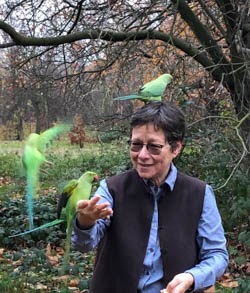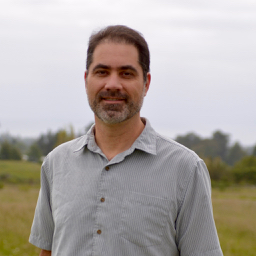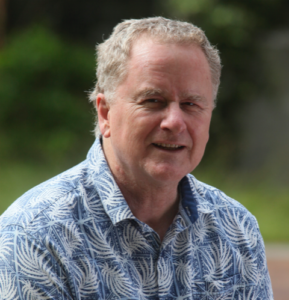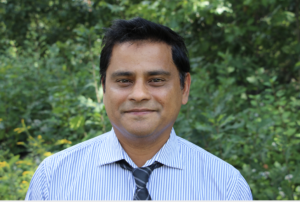Sustainable Food
The global food system is now facing the need to deliver a sustainable supply of nutritious food for more than 9 billion people by 2050 while minimizing environmental impacts, sustaining biodiversity and adapting to climate crisis. UCSC faculty are researching agroecological strategies and methods to improve soil health, biodiversity, and grow fresh produce sustainably with a low environmental footprint.
One such approach is to use aquaculture to compensate for depleted fish stocks in the world’s oceans. Fish is an important part of the food system and is widely considered as an essential food for humans due to its high-quality protein, omega 3 fatty acids, minerals, trace elements, and vitamins. The FAO estimates that 3.3 billion people rely on fish for 20% of their total animal protein intake.
UCSC faculty are developing low-polluting aquaculture feeds for more sustainable farmed fish for humans. We also plan to integrate aquaculture-agriculture, linking both soil-based and aquaponics via a circular– no-waste– economy approach to strengthen sustainable stewardship of farmed fish and fresh vegetables
Faculty



Chris Benner
Professor/Director, Inst. for Social Transformation & Everett Program
Env. Studies & Sociology
Go to Campus Directory


Heather Bullock
Professor and Director of the Blum Center
Psychology Department
Go to Campus Directory










